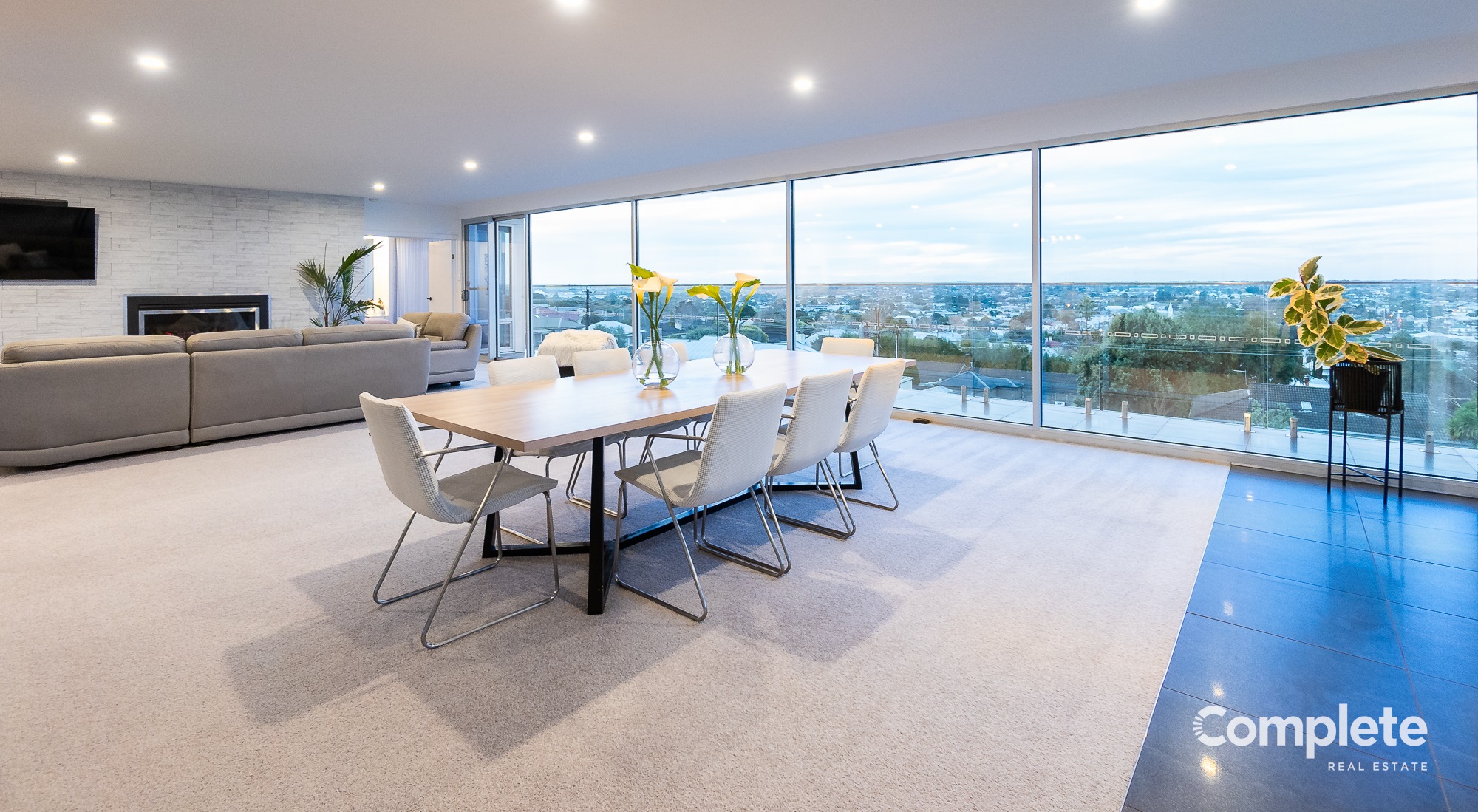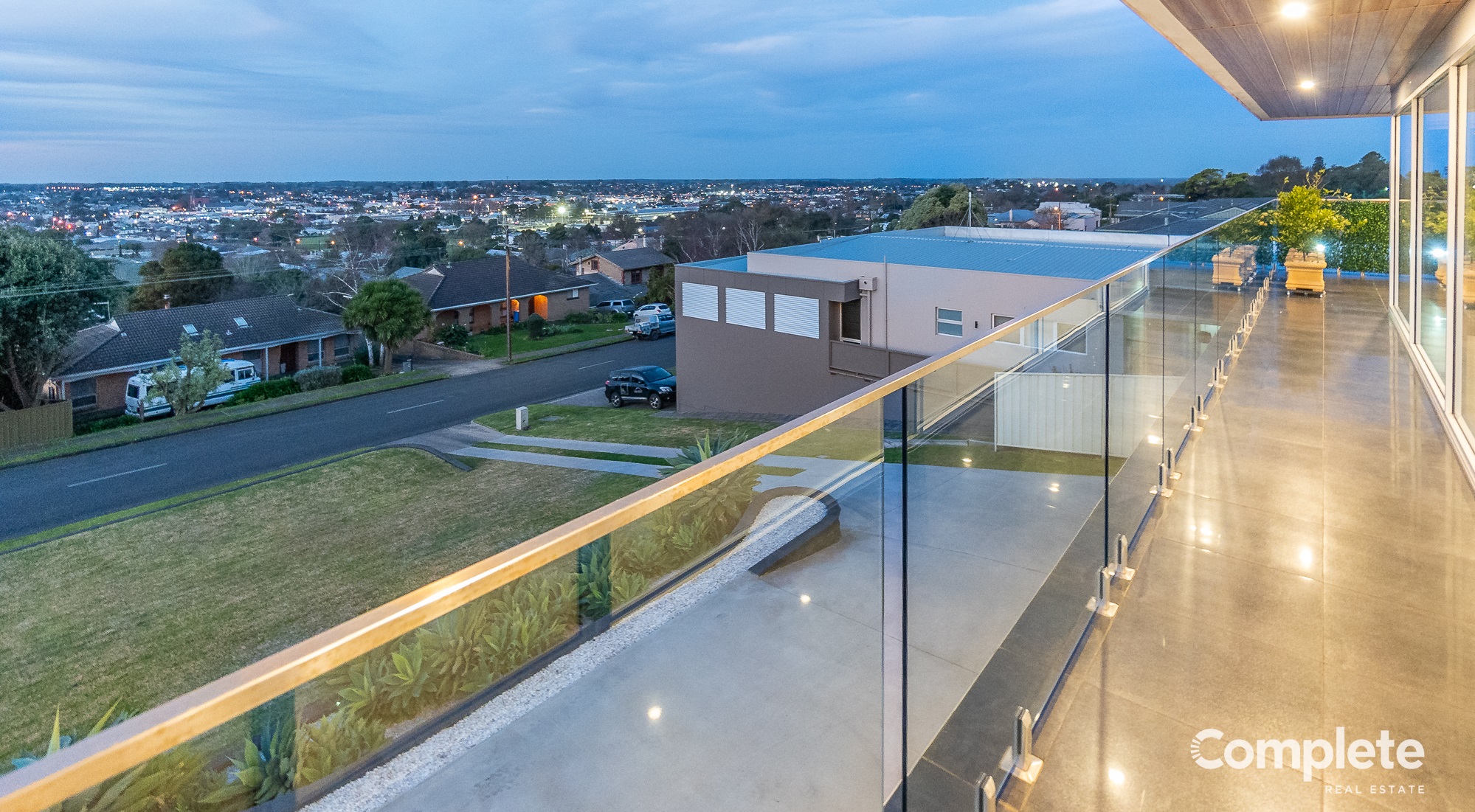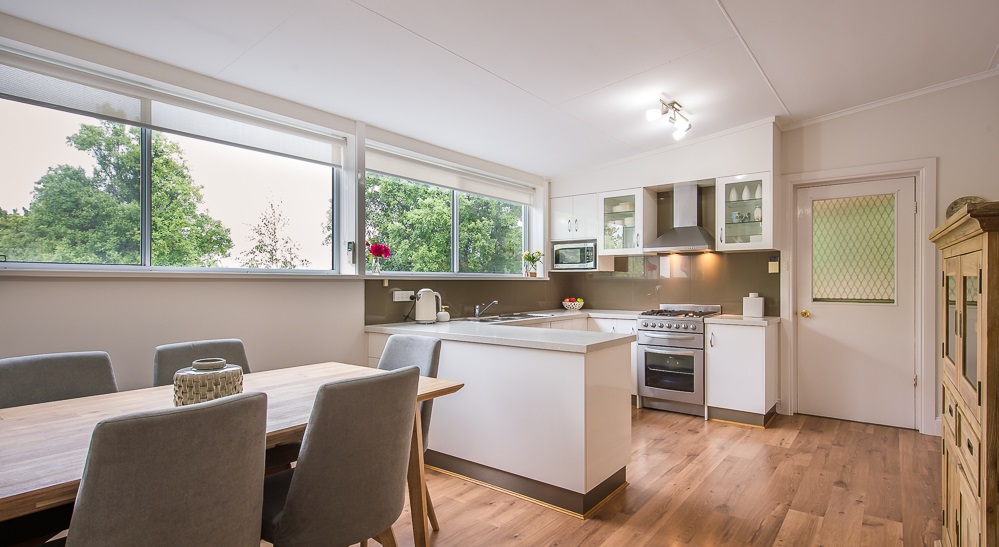Our Commercial Team recently joined Chamber of Commerce hosted breakfast, with guest speaker Tom Linnell. Tom is the Sustainability Coordinator and Educator at Tenison Woods College, 2022 Churchill Fellow and Managing Director of EcoThink.
Tom spoke on a number of sustainability topics, focussing on answering the question “how can we do what we do indefinitely?”. A major part of answering this question is to focus on “For Good” outcomes, as opposed to “For Profit” outcomes.
Sustainability can be divided into three primary and interlinking sectors, being societal, environmental and economical. Businesses of all sizes can play a part in creating a sustainable future by looking within their network, up and down the supply chain, to enhance the “For Good” model.
Tom defines sustainability as “meeting the needs of today, without compromising the needs of tomorrow”, touching briefly on The Tragedy of the Commons as a good example of the impacts of sustainability on our society as a whole. “The tragedy of the commons refers to a situation in which individuals with access to a public resource (also called a common) act in their own interest and, in doing so, ultimately deplete the resource” (Spiliakos 2019). Tom analysed this effect as “if one person wins, no one wins”.
The economy models of Linear v Recycle v Circular are another way to measure the sustainability impact of supply chain. A linear economy, is a finite world, where resources are used, not to their full potential, then thrown away. A circular economy focusses on minimising waste, recycling and regenerating resources.
Tom touched briefly on his work at Tenison Woods College as Sustainability Coordinator which has recently began converting plastic waste into everyday items in design and technology classes. The focus of this project is to reach zero waste, therefore creating a circular economy (to read more about this project, check out this article).
For small local businesses looking to increase sustainability practices, Tom encourages owners to start with the “why” and ask the following questions:
- How does this connect with your business?
- Who benefits from you making a sustainable choice?
- How can you increase sustainability up and down the supply chain?















